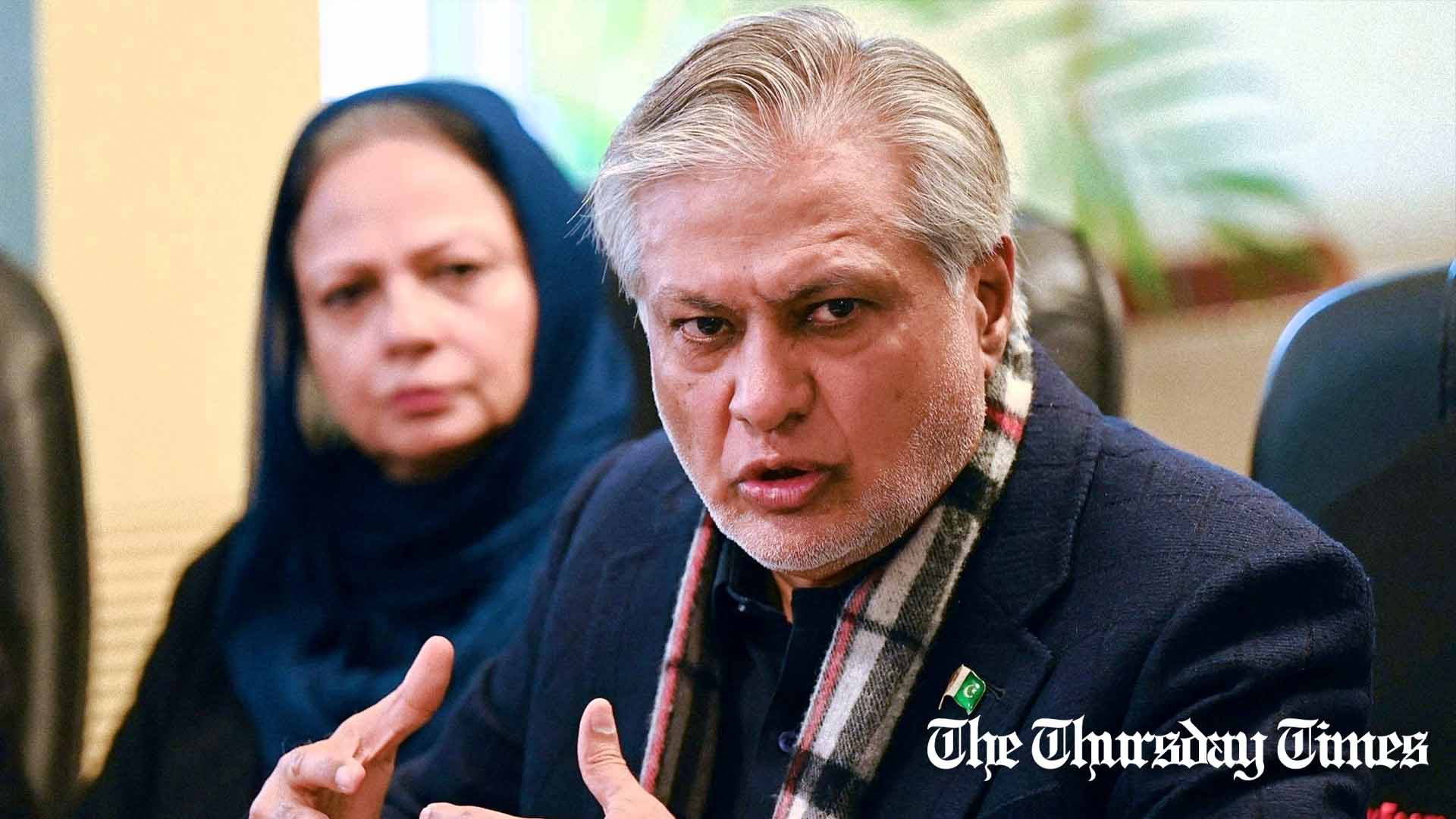The news article “IMF conditionalities: US urges Pakistan to resume stalled reforms,” published in a daily broadsheet towards the end of last month, paints an inaccurate picture. There is no doubt that Pakistan has been going through an unprecedented tough economic situation. It is very well known that the present government inherited serious economic challenges and took a hard decision to revert to the path of economic stability even at a heavy political cost and that too in the year of general elections. Such decision of the government was in supreme interest of the country.
The writer’s assertion that reforms in Pakistan’s energy sector and tax system have come to a halt is unfounded. In reality, the present government quickly implemented major corrective measures to reinvigorate the IMF’s Extended Fund Facility (EFF) program upon taking office. This led to the program’s successful completion of the 7th and 8th reviews, indicating considerable progress in these areas.
Regarding the energy sector, significant structural reforms have been achieved in the past 3-4 months. To recover the full cost of generation through tariff revision, all untargeted subsidies in the power and gas sector have been eliminated. Furthermore, the government has shifted towards targeted subsidies to assist the poor and vulnerable while transferring the burden to the affluent class. Additionally, under the Kafalat Programme within the Benazir Income Support Programme, the government has raised the stipend for the poorest of the poor by 25% from 1 January 2023, increasing the program’s budget by Rs. 40 billion to Rs. 400 billion.
The government is taking various measures, including policy and administrative steps, to address the twin deficits. Consequently, the Current Account Deficit (CAD) has significantly decreased, amounting to only USD 3.4 billion in the first nine months of the current fiscal year up to 31 March 2023, compared to USD 13.0 billion during the same period last year. It is anticipated that the CAD will close at around USD 4.5 billion by the end of the current fiscal year on 30 June 2023. This development will not only enhance the country’s forex reserves but also reduce reliance on external borrowings.
Furthermore, the government has steadily eliminated all tax exemptions, as stipulated in its agreement with the IMF. The government is aware that these exemptions not only create imbalances in the tax system but also contribute to revenue shortfalls.
Additionally, net federal revenues have surged by 32% during the first eight months of the current fiscal year ending on 28 February 2023 as compared to the same period of the previous year. Non-markup expenditures have been lowered by 19%, primarily due to the elimination of subsidies and grants. The State Bank of Pakistan has been operating independently to make decisions on monetary policy tightening to control inflation in the country.
The aforementioned reforms and initiatives have enabled Pakistan to meet all prior actions for the 9th review with the IMF. These reforms involve expanding the low tax base by ending tax exemptions, increasing electricity and gas prices to transfer the burden to consumers, and decreasing subsidies while safeguarding low-income groups. The Staff Level Agreement (SLA) is anticipated to be signed soon with the IMF, followed by the approval of the 9th review by the IMF board.






